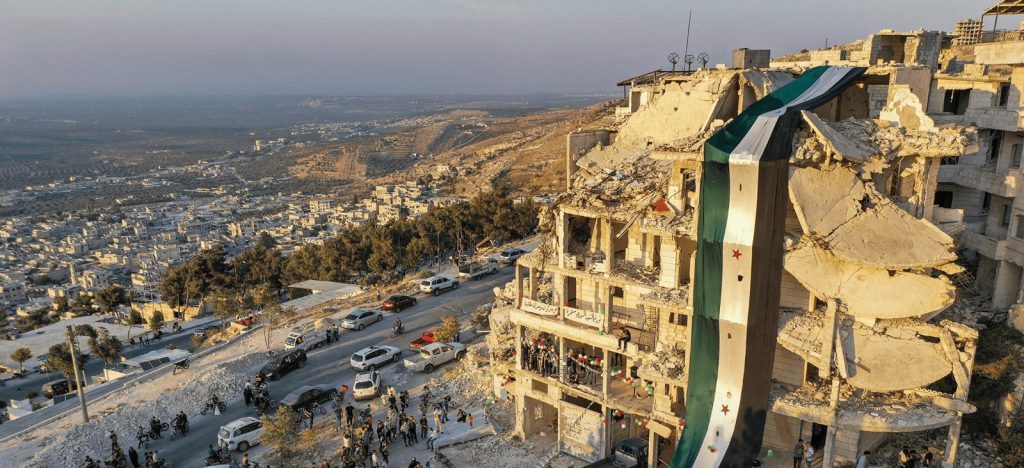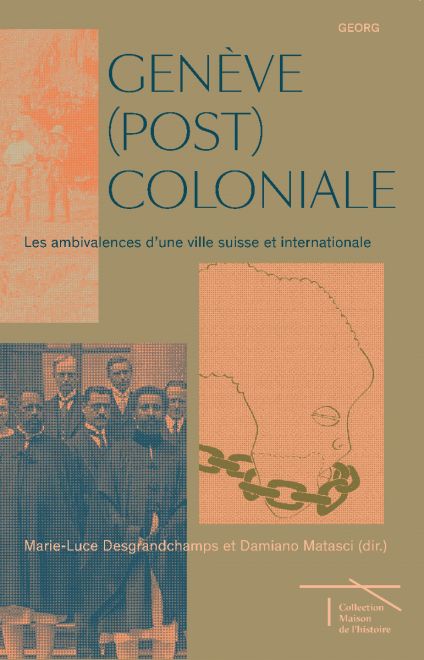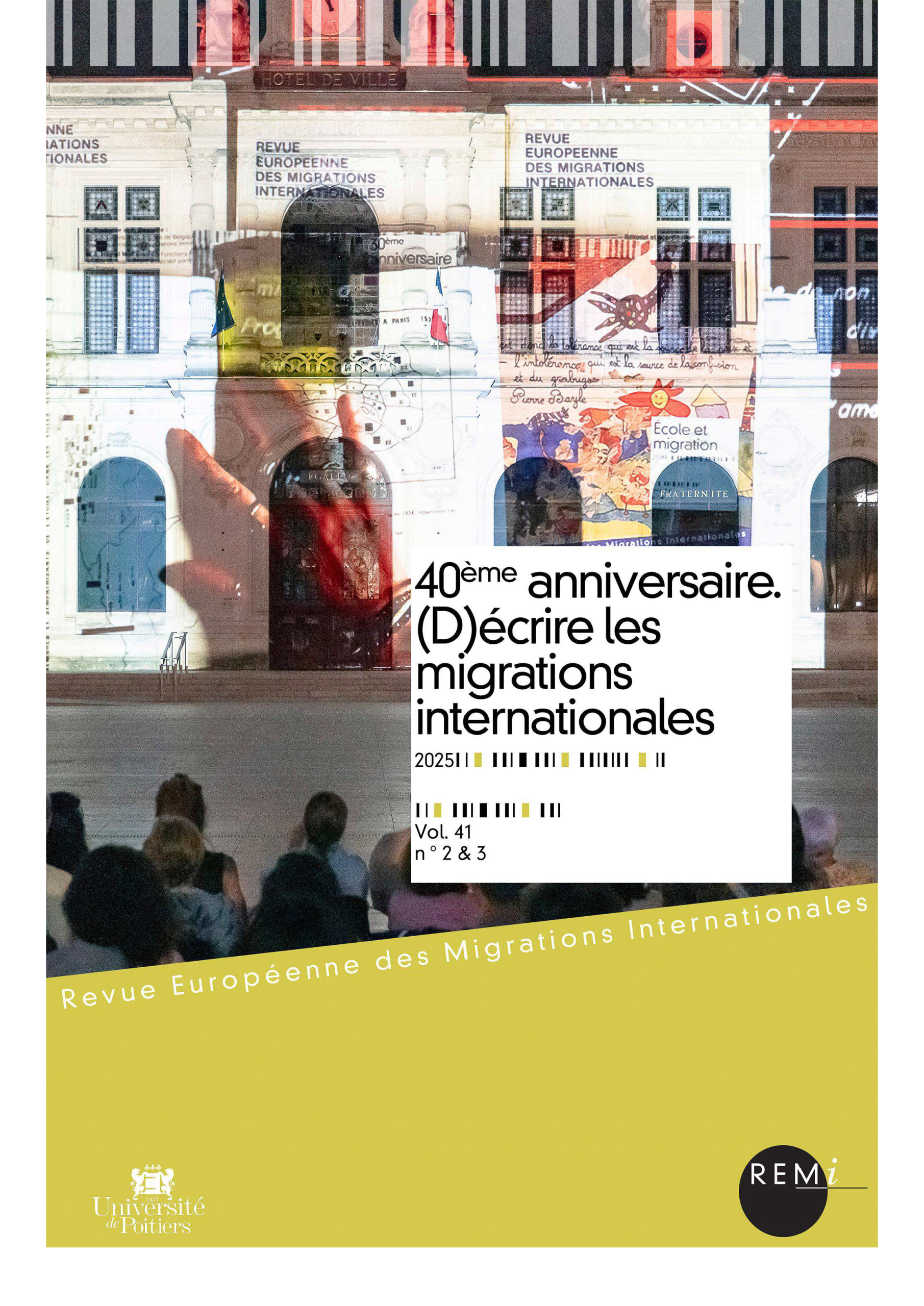
[English bellow]
***
The seminar is a continuation of the Experiences of violence and contemporary conflicts" seminarorganised by MESOPOLHIS doctoral students in 2024-2025. It takes up and develops some of its themes, questions and results, with the agreement of its founders.
Seminar organising committee :
Alessandro CECCHINIPhD student in contemporary history at MESOPOLHIS
Emilien DEBAEREdoctoral student in political science at MESOPOLHIS
Hélène FRANCa doctoral student in contemporary history at MESOPOLHIS
Jules GRANGE GASTINELdoctoral student in political science at IREMAM and CEDEJ
Scientific rationale :
This interdisciplinary seminar focuses on periods of escalating conflict in the Mediterranean and the Middle East in the contemporary period. It aims to study the phases of state decomposition and the various forms of competition by and for the state.
The Lebanese civil war (1975 - 1990) is an example of the fragmentation of the State between various partisan and international players. It was preceded by a phase of rising political and social tensions and the gradual destructuring of the Lebanese state by a multitude of actors, some of whom were fully integrated into state institutions. This phase eroded the apparent unity of the state and led to direct and violent conflict between private and public, national and international actors (France, 2019 and Corm, 2012).
It is part of a political history of fragility and recomposition within the state, marked by social tensions, conflicts and the disintegration of central authority. It is positioned within the sociology of civil wars (Baczko and Dorronsoro, 2017) and questions the paradoxical making of the state (Grajales and Le Cour Grandmaison, 2019) in a context of conflict or competition between actors, both for its embodiment and its domination (Arjona, Kasfir, and Mampilly, 2015). It also proposes to study the privatisation of states (Hibou, 1999) and the mechanisms of competition and cooperation between public, private and partisan actors for the control of power. The embodiment of the state by those who 'mime' it (Popineau, 2023) and take over some of its prerogatives will be at the heart of our questioning.
This seminar analyses the mechanisms of conflict, competition and cooperation, whether inter-state, trans-state or intra-state, between various actors, whatever their nature. In this respect, the Mediterranean area seems to us to be a relevant area to study, particularly in the twentieth century.
Indeed, the Mediterranean, as a geographical space and an object of study and concept, is a perfect illustration of this dynamic of entangled conflict and cooperation, on scales ranging from the regional to the international (Westad, 2017). We might think here of a specific period in the Arab-Israeli conflict (1967-1973) which, although materially confined to the Middle East, also responds to the logic of the Cold War and the East/West struggle (Ashton, 2007). Thus, in the Mediterranean Cold War area, the term "conflictuality" is constantly used by political decision-makers and diplomats. However, every effort is made to contain this latent conflict between the Western bloc and the Soviet bloc, between the countries of the North and the South (Badalassi, 2021), between local ethnic groups and social classes, in order to avoid any explosion. As a result, the imaginations of cooperation and peace are strongly invested in (Calandri et al. 2016), and even over-represented in, the discussions and declarations of the riparian states, particularly during the 1970s, a period marked by growing tensions and a strategic shift.
The aim is therefore to analyse how cooperation and conflict, block logics and state logics combine in the Mediterranean area, and how violence is absorbed, digested and then redirected or used by nation states, international institutions or parastatal structures.
Our aim is to adopt a resolutely multidisciplinary approach in order to broaden our coverage of an area that is as vast as it is complex, and a subject of study that is fundamentally protean. In this context, we welcome all proposals for papers directly or indirectly related to the seminar themes, in any social science discipline.
Organisation:
With this seminar, we want to offer a monthly appointment young researchers in the humanities and social sciences, working on the themes mentioned above.
The sessions, scheduled between January and June 2026will last 2 hours. Each session will feature two presentations, each lasting 20 to 25 minutes. A discussant will also be invited to each session, to offer feedback and launch the discussion, which will then be opened to the audience.
The sessions will take place in hybrid format The seminar will take place face-to-face in Aix-en-Provence at MESOPOLHIS or IREMAM and on Zoom. The seminar will be held in French and English, depending on the language of the proposals selected.
Submit a communication proposal :
- Profile → Young researchers (PhD students, post-docs, etc.) in the humanities and social sciences.
- Contribution proposal procedure → Proposals (in French or English) should be approximately 1 page long (+/- 500 words) and should be sent to the following address: semdoc.mesopolhis[at]gmail.com. They should be accompanied by a brief bibliography and a short biographical note.
Provisional timetable :
Call for papers launched → 09 October 2025
Call for papers closes → 28 November 2025
Organisers' response → 12 December 2025
Sessions → January to June 2026
***
Download the full call for tenders and indicative bibliography / (in French) Download the call for papers and the selected bibliography:
AAC-Seminar-Conflictuality-cooperation-and-(re)composition-of-the-State-in-the-contemporary-Mediterranean-and-Middle-Eastern-space
Download
© Source photo : @ AlJumhuriya.net
This call is also available on IREMAM website.
Share on
Read also


